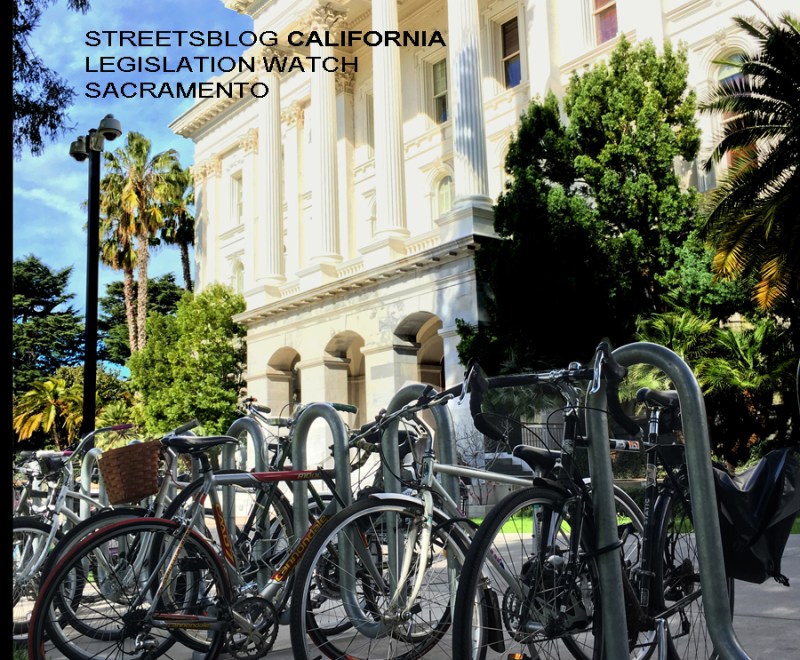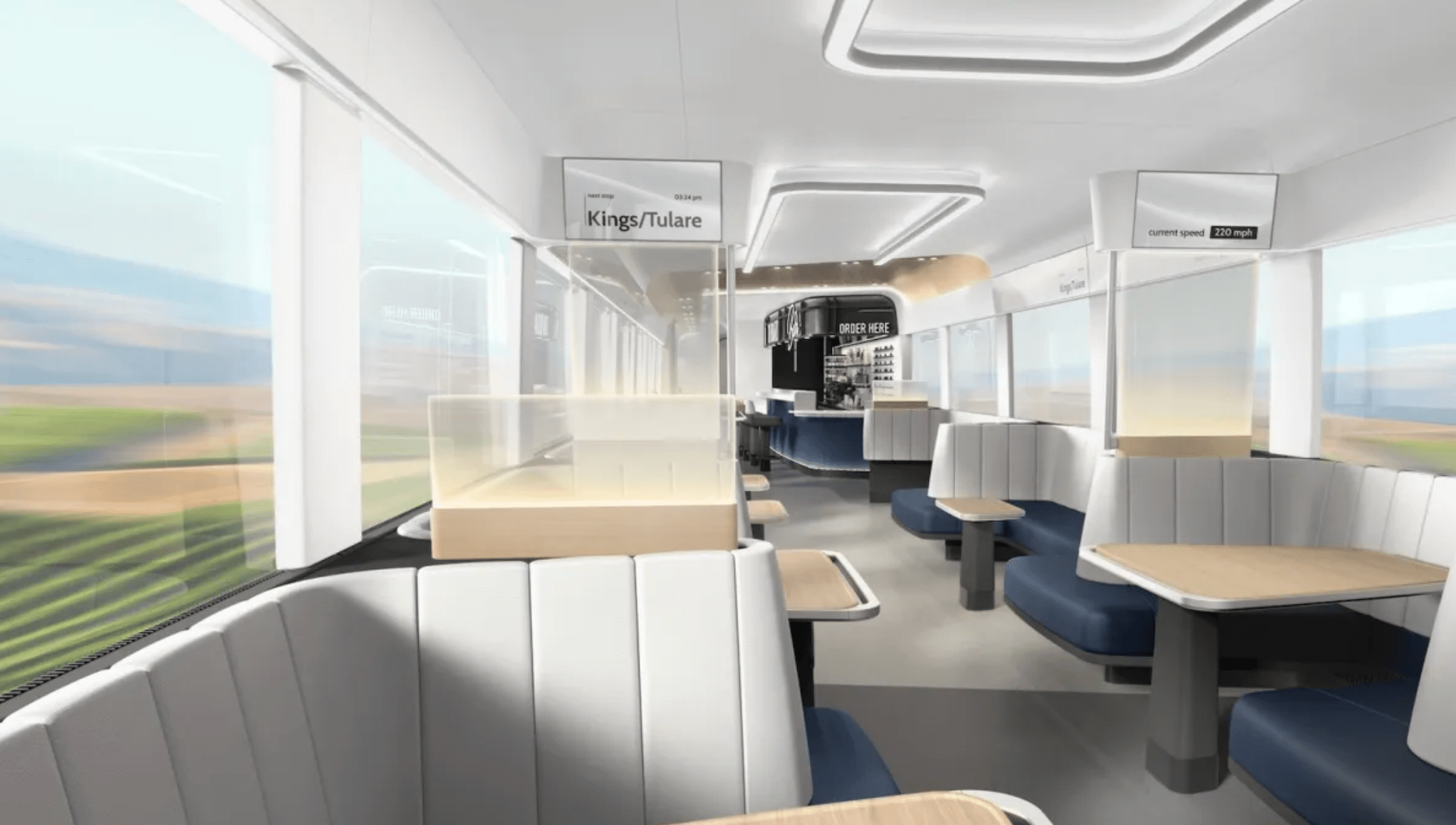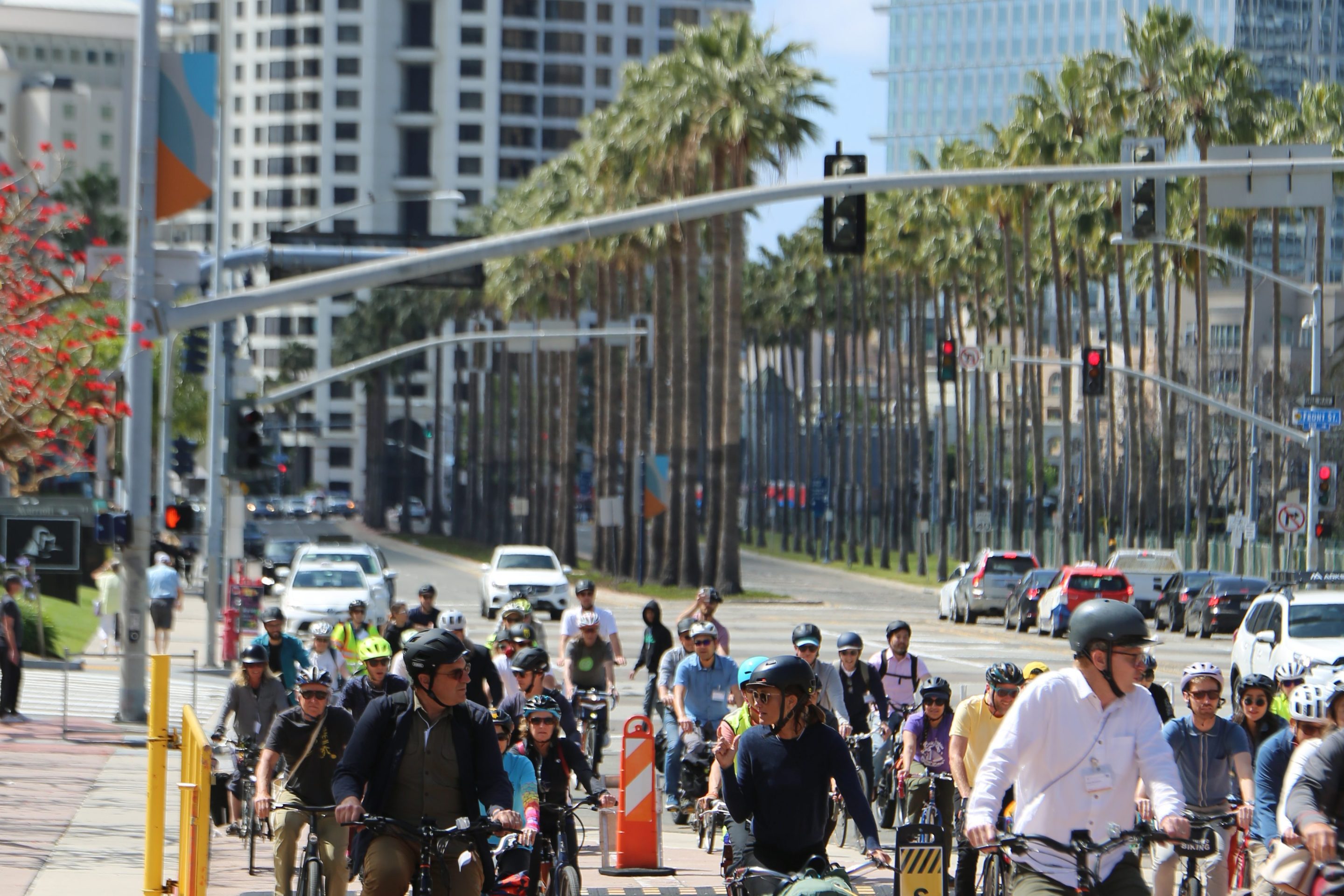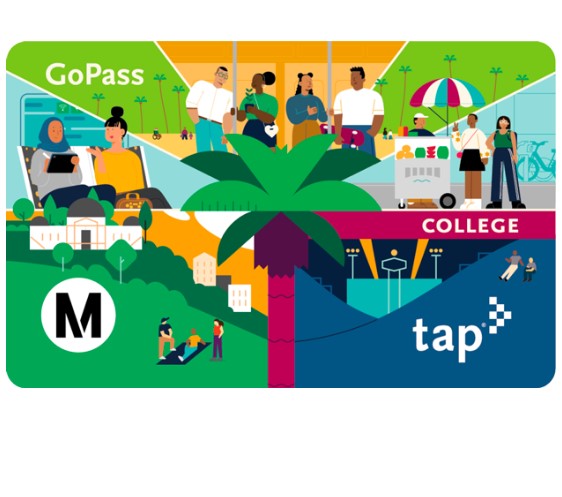The Senate Transportation Committee met today and passed a number of bills, including some related to e-bikes, bike infrastructure, and charging bike riders and pedestrians tolls on bridges.
E-Bikes
A.B. 1774, from Assemblymember Diane Dixon (R-Newport Beach), clarifies that it is illegal to tamper with an e-bike in such a way that it no longer conforms to state law, which defines and categorizes e-bikes according to speed and throttle capacity. This bill passed on the consent calendar, with no discussion.
Another e-bike bill that did engender discussion was A.B. 1778 from Damon Connolly (D-Marin), which the author describes as a safety bill but which seeks to prohibit young people from riding Class 2 e-bikes (these have pedals and a throttle which can be used to reach a maximum speed of 20 mph). That is, it would authorize the County of Marin to pass a local ordinance to prohibit bike riders under sixteen from riding Class 2 e-bikes, and to require everyone on a Class 2 e-bike to wear a helmet.
Punishment would be either a fine ($25 base plus $197 in additional fees) or completion of an e-bike safety course.
The bill would also require Marin County or any cities within it that pass such an ordinance to report traffic stop and citation information, as well as statistics on youth e-bike crashes, to the legislature by January 1, 2028. Committee members lauded "productive ongoing discussions" on the bill to address concerns by local law enforcement about the reporting requirements. But the author had nothing to say in response Kirsten Bladh from Streets for All, who pointed out that the safety concerns behind the bill were based on a small study, and the study's conclusions do does not support the bill's policies. That is, most of the injured e-bike riders in the study were over eighteen years old, and "they were hit by cars. It highlights the dangers of cars, rather than e-bikes," said Bladh. She also pointed out that a bill from last year, S.B. 381, mandates a comprehensive study on e-bike safety and it has not yet been completed. "We want to see results from that study before we make policy decisions based on this," she added.
Assemblymember Connolly's response was simply to say, "We would dispute the characterization of the study." Then he added, "I was surprised that Streets for All did not highlight their opposition to helmet use as well." Lots has been written about the uselessness of - and harm from - requiring riders to wear helmets. In addition, people under eighteen already have to wear helmets, even on regular bicycles, so adding this provision is not about youth safety. It is, however, about police enforcement.
Connolly also asserted that, although Class 2 e-bikes are "already regulated to go no more than 20 mph, they are 'increasingly modified' to go faster" and are contributing to "dangerous injuries."
Committee Chair Lori Wilson (D-Suisun) said, "I do not think it warrants a statewide ban on people under sixteen," but was willing to allow Marin County to test out the concept. A representative of the County, stating "we are a very pro-multimodal county, and we advocate the use of bikes as well as e-bikes, and do not want to discourage the use of them," (the agency equivalent of "I am an avid bike rider, but…") said Marin County could pilot the concept for the rest of the nation. "We see ourselves as a model for the rest of the country," she said.
The bill passed with 13 votes in favor.
Bike Infrastructure
In a continuing effort to push cities and Caltrans to build more and better bike facilities more quickly, Assemblymember Laura Friedman introduced A.B. 2290, which does three things:
- Prohibits funding from the state Active Transportation Program to be used for "Class III bikeways" - which are basically just route signage and maybe sharrows - except on roads that are posted at 20 mph or less.
- Requires "where feasible" that any bike facility already included in a local bicycle or active transportation plan be included in any work, including repaving, done on that street.
- Establishes a Bikeway Quick-Build Project Pilot Program within Caltrans to encourage and expedite development of low-cost bike safety improvements on the state highway system.
"Traffic fatalities are significantly increasing as more people are biking," said Assemblymember Friedman, "and we need to implement more bikeways more quickly. Communities that already have approved plans ready" should be able to have them included in construction projects.
Jeanie Ward-Waller, speaking on behalf of the California Bicycle Coalition, said that cities "have made great strides" on bicycle safety in the past few years, but "implementation of these projects is too slow; injuries and fatalities are rising," especially among the most vulnerable.
The bill passed 11-4.
Another Friedman bill related to safe infrastructure also passed. A.B. 2869 is aimed at making sure Caltrans maintains access to recreational areas for people on foot, on bike, and on horses. She described a situation along the 210 freeway in her district where Caltrans had bulldozed a path that people were using to reach some equestrian trails, forcing people on horseback to proceed along high-speed roads and cross highway off-ramps to get to the trails.
"I wrote this bill to assign responsibility to the highway owner, and to allow people to get to the public land that is there for their use. It's a district bill," said Friedman. "I wrote it after trying to deal with this issue unsuccessfully for years, with no agency willing to take responsibility."
Don't Charge Bike Riders or Pedestrians Bridge Tolls
Didn't this issue get settled already? Sort of. In 2015, Assemblymember Phil Ting (D-San Francisco) got a bill passed to prohibit agencies from charging bike riders and pedestrians tolls on local and state bridges. At the time, some bridge agencies were considering doing so, but it was pretty clear that it wouldn't be a money maker and the outcome would be to discourage bike and pedestrian use of bridges.
But that bill had a sunset clause, and has expired, so Assemblymember Ting is back with A.B. 2669 to enshrine the idea permanently in law. On the advice of the committee, he added a provision to allow any new bridge - built after 2025 - to consider such a toll if it is meant to help pay for the cost of building the bridge.
"This is a common sense bill that would encourage non-vehicular access to bridges," said Jared Sanchez with CalBike. "Keeping tolls free encourages free public access for people on foot and on bike; we must do all we can to replace car trips with active mobility and encourage the mode shift we desperately need."
The bill passed 14-0.





